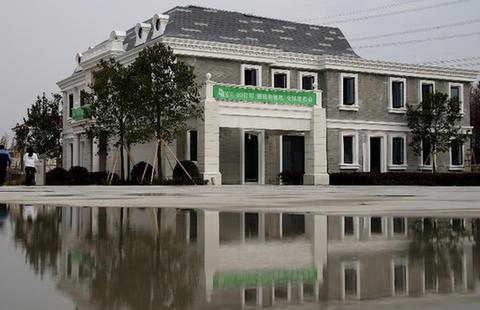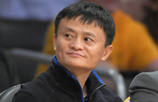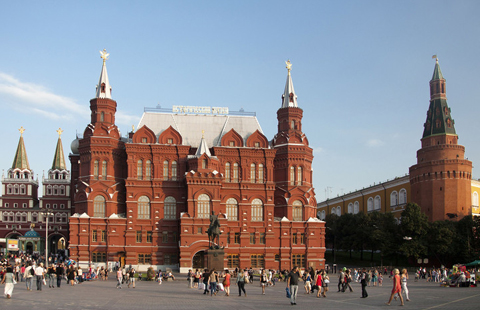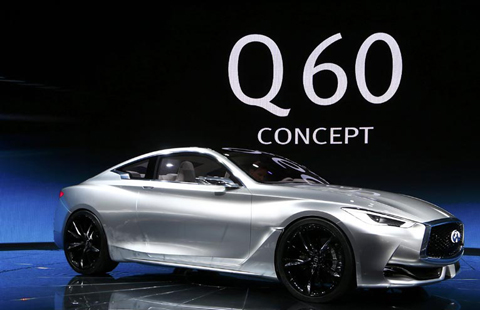Sino-Europe economic relationship 'has great potential'
By ANDREW MOODY (China Daily) Updated: 2015-01-19 13:56The academic says it is clear that we have already moved away from the unipolar hegemony of the United States following the collapse of the Soviet Union in 1990.
"That has now clearly passed. You could say we have a multipolar order but the reality is more like a no polar order and these transitional periods are often historically extremely difficult."
Even with the prospect of Greece exiting the euro, he is confident the eurozone and the European Union will survive and even if the continent has to endure a long period of low growth, it will still remain a major power bloc.
He believes one of the challenges remains to build a more effective European foreign policy.
"There would be a lot you could do if the will was there as has been shown over the Iran nuclear issue. The problem is that Germany, now the truly acknowledged leader of the European Union, does not have partners. France would like to be its partner but it is too weak because of its own domestic problems. The United Kingdom, on the other hand, could be that partner but does not want to be."
He does not believe the UK will withdraw from the EU if there is a referendum on its membership in 2017, as the Conservatives propose.
"There is enough pragmatism and realism among the UK to realize it is very cold outside, just as the Scots recently did," he says.
Garton Ash says he remains impressed by China and believes that Deng Xiaoping should stand among the pantheon of great 20th century figures.
"What he did was extraordinary but it is a legacy that still clearly depends on continuing to deliver economic performance."
The Oxford professor rejects British academic Martin Jacques' notion in When China Rules The World that we are going to soon enter into a more Sinofied world.
- Chinese stocks plummet on margin trading suspension
- Alibaba's latest mobile messaging effort to win US business
- China-ROK FTA to enhance market connectivity
- South Africa expects China to help it move up the value chain
- Smart money should be invested in emerging markets
- AP, NY Times and others to test drone journalism
- Xiaomi has to tackle Huawei first before taking on Samsung
- Lock-up shares worth 71b yuan eligible for trade
















